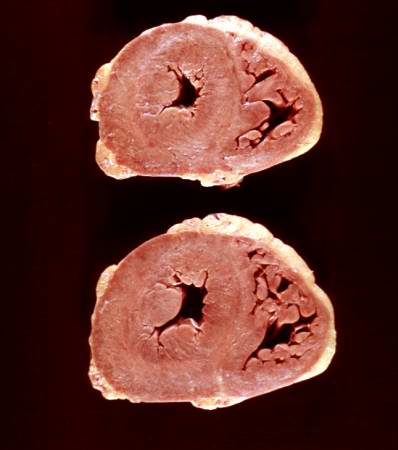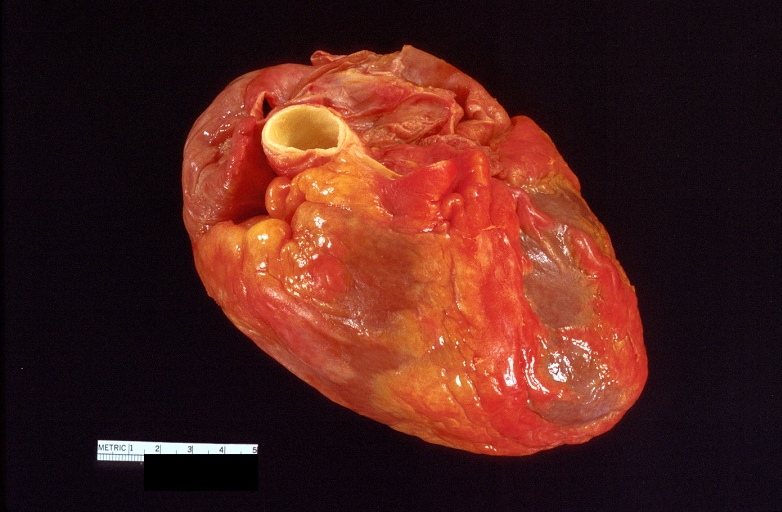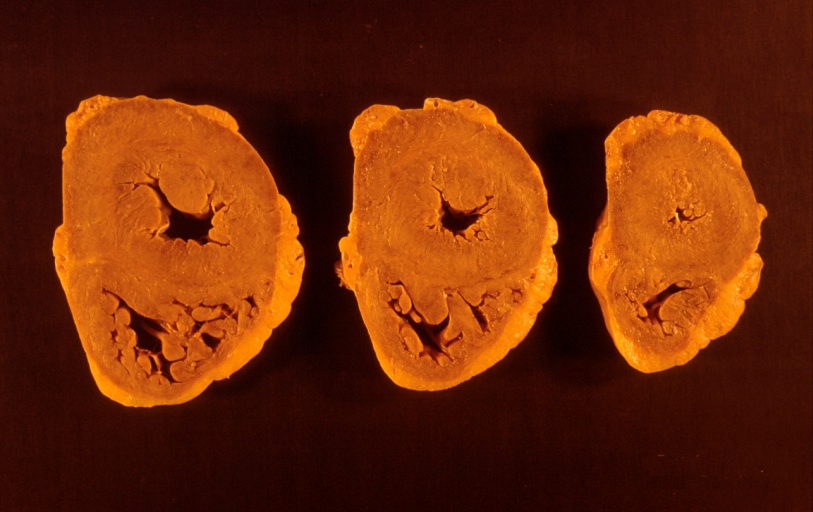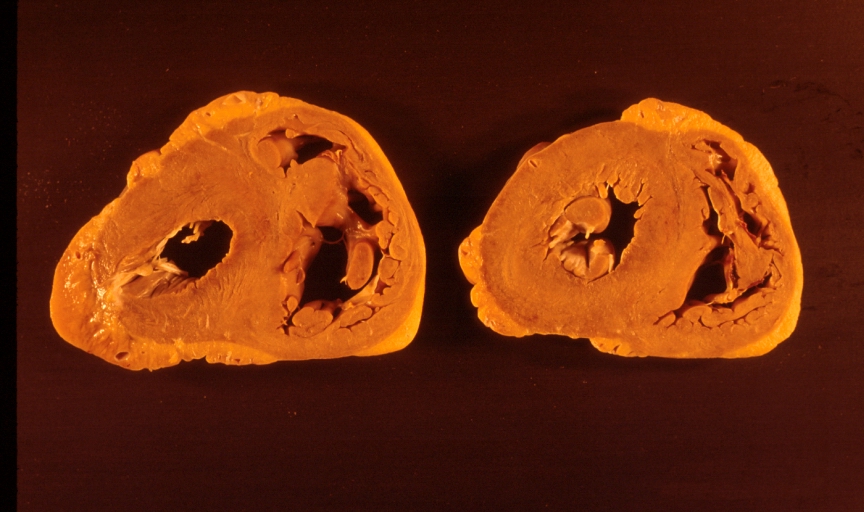The heart in progressive systemic sclerosis (scleroderma)
Template:DiseaseDisorder infobox
Editor-In-Chief: C. Michael Gibson, M.S., M.D. [1]
Associate Editor-In-Chief: Cafer Zorkun, M.D., Ph.D. [2]
Please Join in Editing This Page and Apply to be an Editor-In-Chief for this topic: There can be one or more than one Editor-In-Chief. You may also apply to be an Associate Editor-In-Chief of one of the subtopics below. Please mail us [3] to indicate your interest in serving either as an Editor-In-Chief of the entire topic or as an Associate Editor-In-Chief for a subtopic. Please be sure to attach your CV and or biographical sketch.
Overview
Severe complications from Progressive Systemic Scleroderma (Scleroderma) can include:
- Untreated high blood pressure that strains the heart
- irregular heart rhythm
- enlargement of the heart, which leads to heart failure.
It's generally thought cardiac disease is a major cause of death from scleroderma, or that it often contributes to death. Conduction abnormalities, myocardial and pericardial disease disease may also be common.
An angiography-based study of 172 patients has suggested patients who may have obstructive epicardial disease associate with scleroderma should be treated the same as patients without scleroderma.[1]
Pathology




References